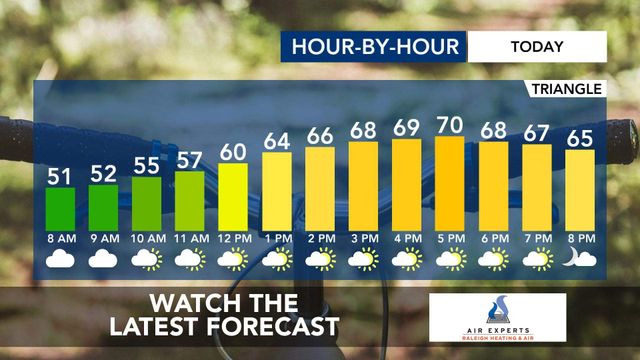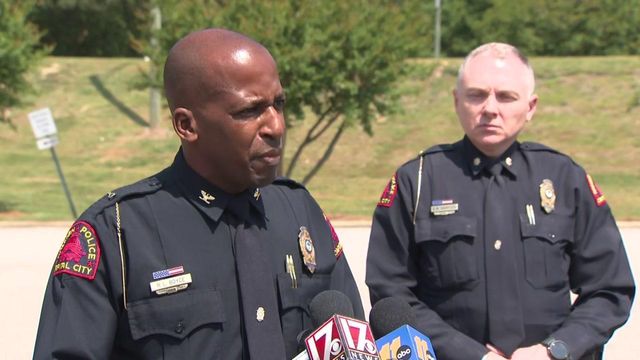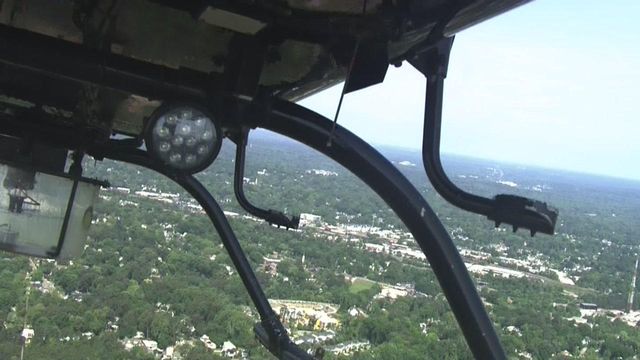Traffic
Tips for air and road travel
With record numbers of travelers hitting the highways and the friendly skies, WRAL and AAA offer tips to make your holiday journeys smoother.
Posted 2007-11-19T19:32:51+00:00 - Updated 2009-09-04T12:53:49+00:00

Road Safety
- Get your car checked before beginning your trip, especially fluids and tire pressure. See your owner’s manual or the side of your tires for the recommended air pressure. Make sure you have a spare tire in the vehicle and that it is properly inflated.
- Drivers should take a break every two hours or 150 miles. Getting out and stretching a bit will re energize your brain, as well as pump blood to your muscles.
- Plan your route before you begin the trip (i.e. map it out or set up GPS system) before you begin driving.
- On long trips, AAA recommends motorists switch drivers, preferably with someone in the back seat. Front-seat passengers pay attention to the road and can experience just as much fatigue as the driver.
- Add about 15 minutes to each hour your trip typically takes. You’ll be less likely to speed or take out your frustrations on the highway when you give yourself plenty of time to arrive.
- Get a vehicle check-up before hitting the road. Be sure to check fluids and your tires, especially the spare tire. In checks by AAA, nine out of 10 vehicles had a flat spare.
- Listen to your body. Our bodies want to sleep at night at mid-afternoon, so try to avoid driving during these times.
- Get at least six hours of good sleep the night before a trip. Eight or more hours is preferable.
- Stop, pull over to a safe place, and take a nap if you become sleepy while driving and are unable to switch drivers.
- Travel with an awake passenger who can keep a conversation going.
- Drink a caffeinated beverage, and wait about 30 minutes for it to enter the bloodstream. But remember caffeine will help keep you awake, but not always alert.
- Follow the rules of the road by not speeding, wearing your seatbelt and never driving while impaired.
- Keep children busy. Make sure you have activities planned for them, i.e. books, iPods, DVDs and movies, small games.
- Use a cell phone only if really necessary and keep your conversation short. Pull over to the side of the road if you need to talk longer or get directions.
- Motorists can report problems to the North Carolina Highway Patrol by dialing *HP (*47) on cell phones. The toll‑free call goes directly to the nearest Highway Patrol communication center.
Air Travel Suggestions
- Be prepared to comply with stricter rules for carry-on materials. Those unfamiliar with the new liquid rules may hold up security lines, impacting check-in times.
- The new “3-1-1” rule allows travelers to take 3 ounce or smaller containers of liquid in their carry-on bags. All the containers must fit inside a one quart clear plastic zip-top bag. Only one bag is allowed per passenger.
- Security screeners must do time-consuming hand searches of bags with big containers of shampoo, toothpaste, aftershave and liquor, creating slower and longer security lines.
* Tips courtesy of AAA and the North Carolina Department of Transportation









